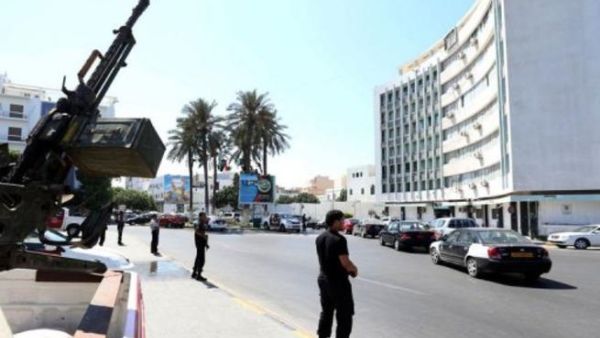According to the International Monetary Fund, IMF, Libya's economy grew more than 100 percent last year as its economy continues to recover from the 2011 Revolution that ousted the dictatorial regime of Muammar Gaddafi.
Ralph Chami who led an IMF mission to Libya and held discussions with authorities from the country said: “The financial situation began to normalise after most of the UN sanctions that had frozen Libya’s foreign assets were lifted on December 16, 2011, allowing the central bank to provide foreign exchange liquidity to banks and help normalize commercial banking operations."
Hydrocarbon output is on the way back to normalcy this year and a full recovery of growth in the nonhydrocarbon sector is on track in 2014 as spending increases on the back of reconstruction and demand, the Washington-based organization head of mission said. Inflation fell to 6 percent in 2012, and is expected to decline further this year, arabian business.com has reported.
Libya's economy is forecast to grow about 16.7 percent this year after surging 121.9 in 2012. In 2011 Libya's economy contracted about 60 percent
Chami goes on to say that the short-term challenges are to manage the political transition, normalise the security situation, address severe institutional capacity constraints to ensure the timely compilation and dissemination of key statistics, and exercise budget discipline while maintaining macroeconomic stability.
Institutional capacity building, improving the quality of education, rebuilding infrastructure, putting in place an efficient social safety net, developing the financial market, improving the management of the country’s resource wealth and associated financial flows with an efficient and transparent system, and reducing hydrocarbon dependency through private sector–led growth, need to be addressed by the government in the medium term.
The IMF said that a decline in oil prices while the government's high spending patterns continue, is likely to weaken the country's fiscal position. In the medium term, necessary reconstruction and development spending will push the budget into deficit in the absence of a curb on current spending.

The Libyan economy grew by 100 per cent last year according to the IMF







